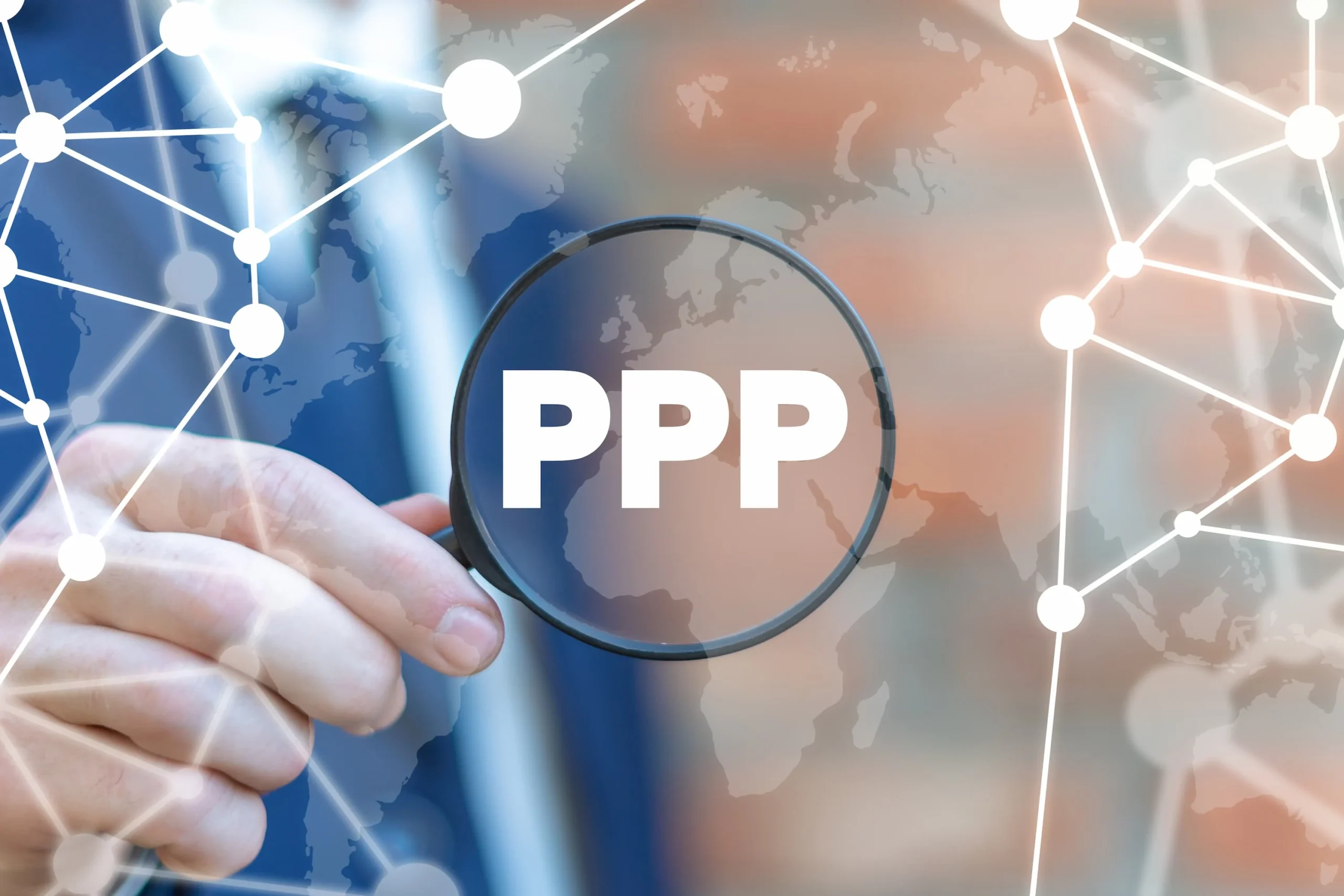Abstract
Strategy formulation has been widely regarded as the most important component of the strategic management process. Strategy implementation, rather than strategy formulation alone, is a key requirement for superior organizational performance. The Government of Kenya (GOK) has been implementing Vision 2030 strategic plan, the country’s development blueprint covering the period 2008 to 2030. Recognizing that the required funds to fully support the country’s development agenda and to meet the infrastructure deficit will require involvement of the private sector, the government has over the second half of the last decade exhibited a strategic shift towards partnering with the private sector, through a variety of avenues, key among which is the strategic adoption of Public Private Partnerships (PPP). The study thus set out to determine the extent of implementation of Public-Private Partnerships at Kajiado County. The study used a case study research design. The case study design facilitated the in-depth exploration of the extent of implementation of Public-Private Partnerships against the normal strategy implementation process specifically dwelling on Njaa Marufuku Campaign at Kajiado County. This study used both primary and secondary data. The primary data composed of the responses received from personal interviews with ten senior and middle management while the secondary data was from relevant literature review. The present study employed the qualitative type of analysis, specifically the content analysis. Results reveal that Njaa Marufuku Kenya (NMK), the studied form of PPP initiative conforms its intervention to the strategy implementation process, and this has contributed to the established programme success. The three components guiding project selection and activities within the NMK PPP strategy indicated the presence of a well laid down strategic plan. The NMK intervention was also found to observe a critical component in the strategy implementation process; clarity of goals. The tasks and activities were also found to follow a set of predefined guidelines. A large number of the program implementers were found to through training prior to the onset of project implementation. Findings further implied that stakeholder roles in the strategy implementation process within the NMK intervention were clearly cut out hence enabling a well-coordinated implementation process. The intervention of PPP was concluded to observe strategic meetings and stakeholder commitment from the government and private sector sides. As follow up to strategy implementation in various projects, the intervention was concluded to further carry out continuous monitoring and evaluation. Recommendation made was that as a way of government achieving set objectives more efficiently, PPP was an important strategic intervention.



0 Comments